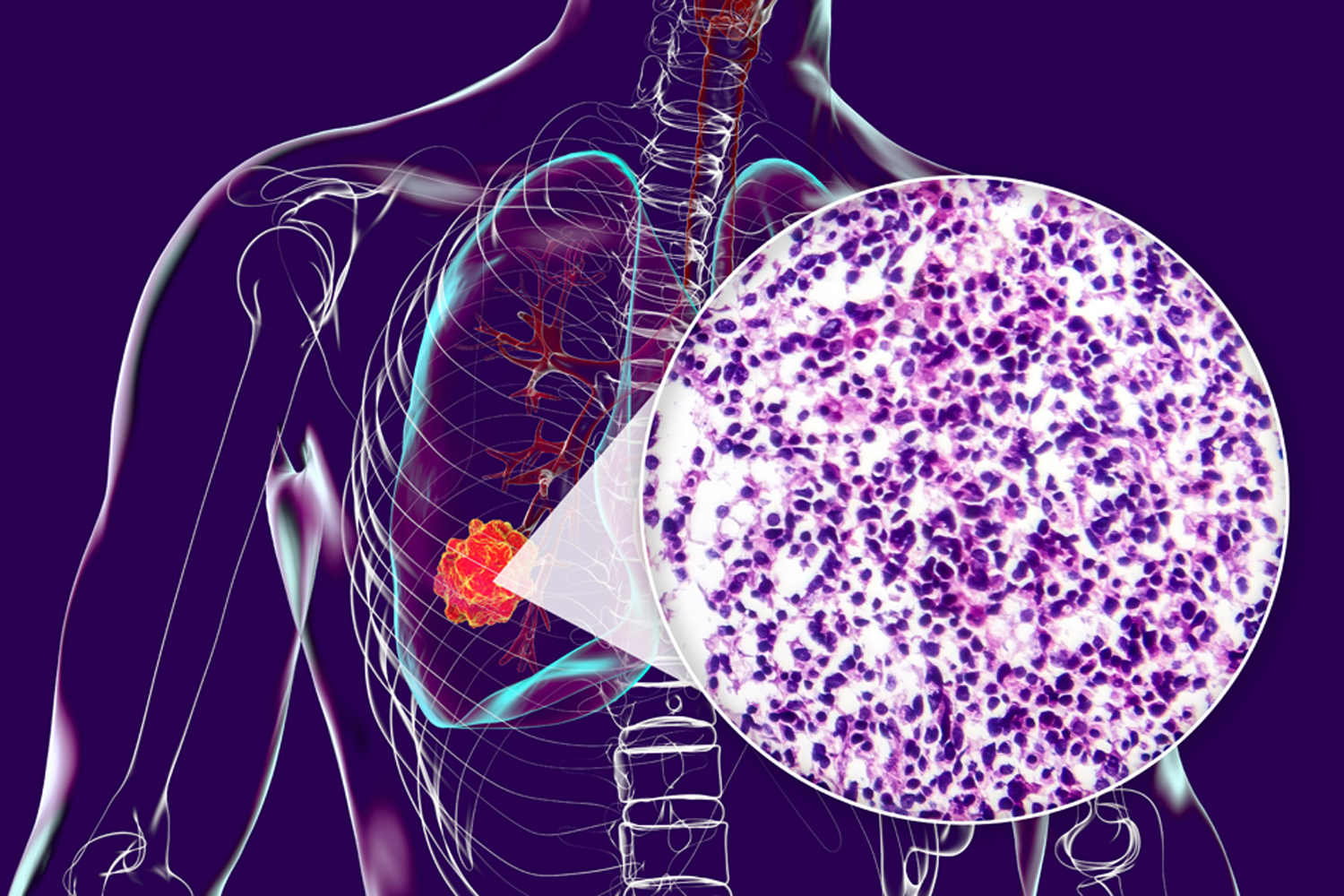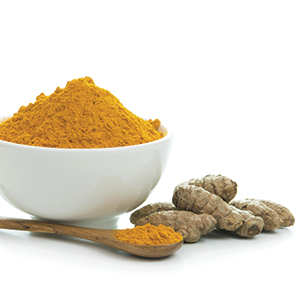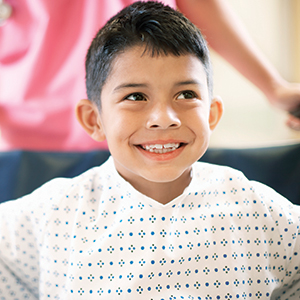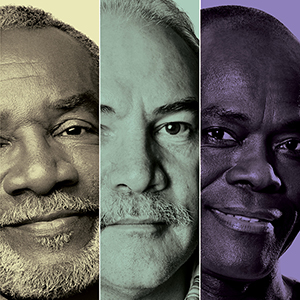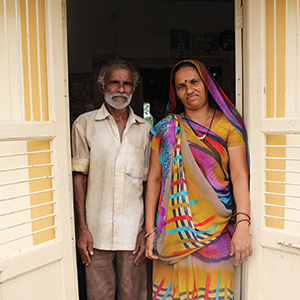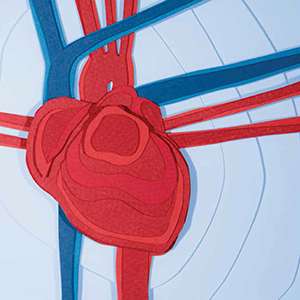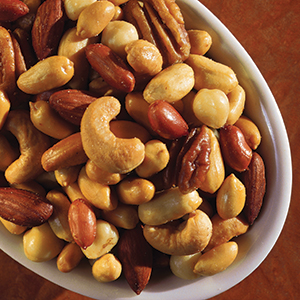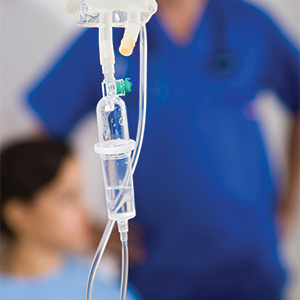-
Forward Look
The Spice of a TrialCurcumin in turmeric may have a role in cancer treatment.
by Stephen Ornes
-
Forward Look
New Insights Into Pediatric CancerA recent discovery may help explain tumor growth in children.
by Sue Rochman
-
Prostate Cancer, Redefined
The determination that not every prostate cancer is life-threatening is changing treatment.
by Jocelyn Selim
-
India’s Rural Divide
In the Indian state of Gujarat, an American cancer survivor finds that ongoing efforts are aiming to improve cancer awareness and services for rural women, who often do not have the same access to health care as many urban women in India.
by Cynthia Ryan
-
Matters of the Heart
Specialized cardio-oncology clinics are helping cancer patients avoid or manage heart problems.
by Charlotte Huff
-
Healthy Habits
Let’s Go NutsNuts pack satisfaction as well as health benefits.
by Brittany Moya Del Pino
-
A Clear Vision
Asking the right questions can help patients living with metastatic cancer understand the risks and benefits of recommended treatments and formulate their goals more effectively.
by Charlotte Huff
-
More Than a Signature
The informed consent process is designed to ensure that patients understand risks. But new advances involved in genetic testing and tissue donation may make signing on the dotted line more complex than ever.
by Stephen Ornes
-
Q&A
Support in Any LanguagePatient advocate Ivis Febus-Sampayo promotes support services for cancer patients in minority communities.
by Marci A. Landsmann
-
Forward Look
Coming Up ShortA limited supply of cancer medications is affecting care.
by Steve McIver
Cancer Talk
Treatment Combination Improves Survival in EGFR-positive Lung Cancer
Adding chemotherapy to targeted therapy improves outcomes for people with advanced EGFR-positive non-small cell lung cancer.
by Sandra Gordon
Lessons From 20 Years Living With CancerMultiple myeloma survivor Jonathan Gluck reflects on uncertainty, and the scientific progress that has kept him living with cancer for more than two decades.
by Eric Fitzsimmons
The Enduring Importance of Cancer Disparities ResearchOpening session from AACR conference highlights how perseverance and adversity have informed cancer disparities research over the years.
by Eric Fitzsimmons
Most Cancer Survivors Don’t Meet Healthy Diet GoalsDespite research linking fruits and vegetables to cancer survival, many people do not change their eating habits after diagnosis.
by Darlene Dobkowski

